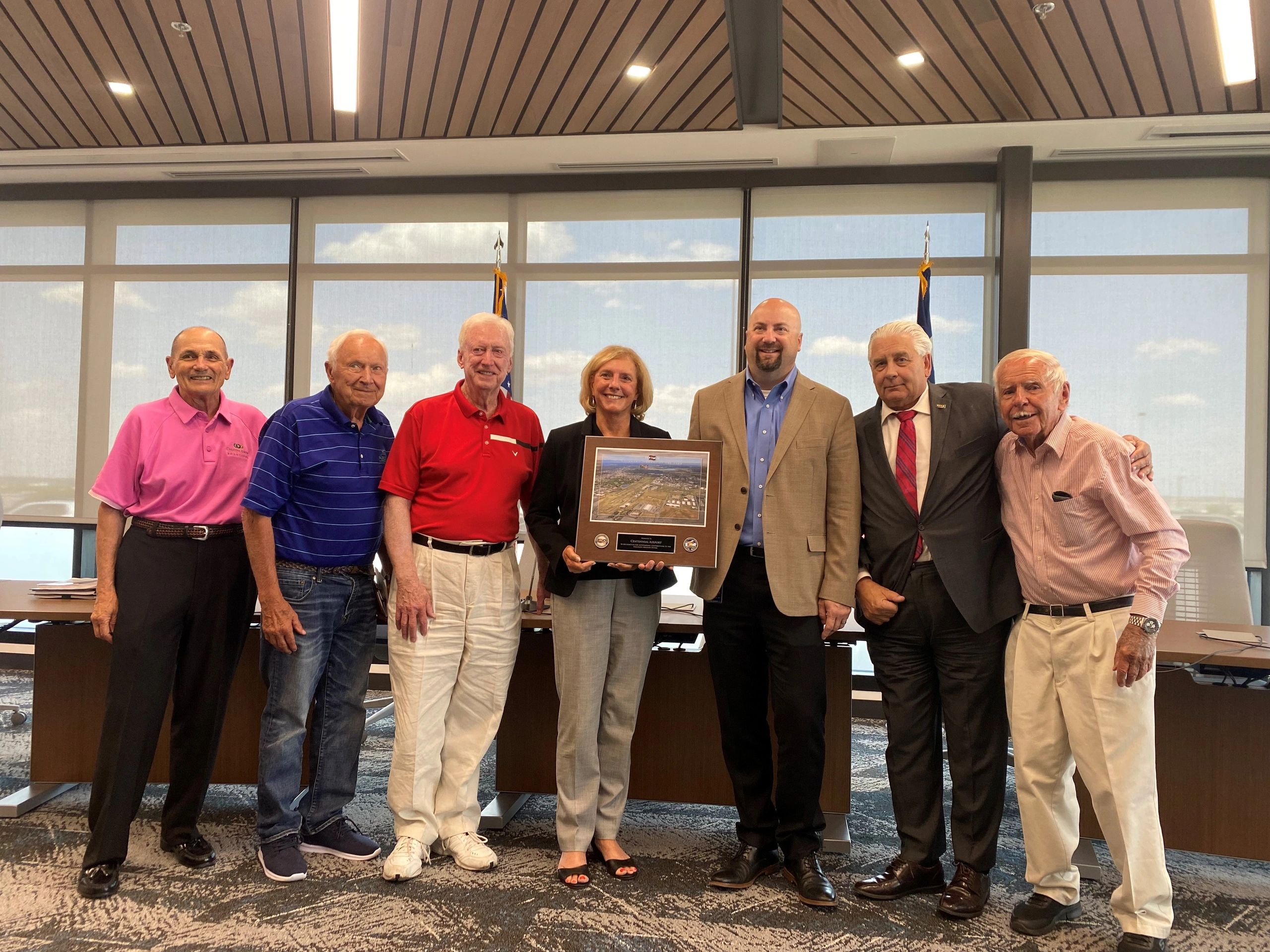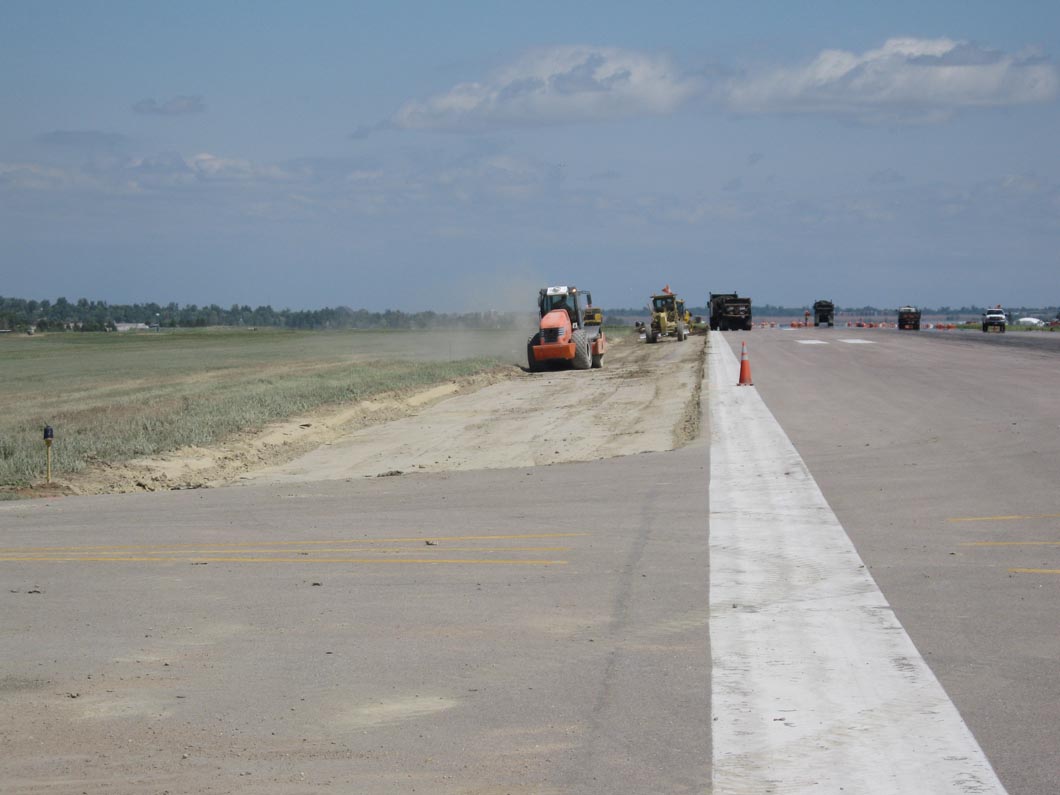Centennial Airport: Denver's Vital General Aviation Gateway
Centennial Airport (APA) stands as a cornerstone of the Denver metropolitan area's aviation landscape, recognized as one of the nation's busiest general aviation airports. Its strategic placement and extensive operations make it far more than just a place where planes take off and land; it's a dynamic hub of economic activity, a crucial link for businesses, and a significant contributor to the local community. This article delves into the multifaceted role of Centennial Airport, exploring its operational complexities, economic impact, community engagement, and the broader context of its "Centennial" identity.
Located in the heart of the southeast metro business district and only 12 miles from downtown Denver, Centennial Airport offers unparalleled convenience and connectivity. From facilitating international business travel with customs services to serving a wide variety of users, including corporate jets, private aircraft, and flight training schools, APA embodies the spirit of general aviation at its most vibrant. Join us as we explore what makes this airport a truly exceptional and indispensable asset.
Table of Contents
- Centennial Airport: A Pivotal Hub in General Aviation
- Navigating the Skies: Operations and Air Traffic Control at Centennial Airport
- The Economic Engine: Centennial Airport's Impact on the Local Economy
- Business and Services at Centennial Airport
- Community Engagement and Living Near Centennial Airport
- The Broader "Centennial" Context: A Look Beyond the Airport
- Financial Security and Community Trust: The Role of Centennial Bank
- Addressing Challenges and Ensuring Future Growth
Centennial Airport: A Pivotal Hub in General Aviation
Centennial Airport (APA) consistently ranks among the busiest general aviation airports in the nation. This isn't just a statistic; it's a testament to its critical role in facilitating air travel for purposes other than commercial airline flights. General aviation encompasses everything from corporate jets transporting executives for vital business meetings, private aircraft enabling swift personal travel, to flight schools training the next generation of pilots, and even air ambulance services providing life-saving transport. The sheer volume of activity at APA underscores its significance not only for Colorado but for the national air transportation system as a whole. Its status as a high-traffic general aviation airport means it handles a complex mix of aircraft types, from small single-engine planes to larger business jets, all operating within a dynamic and often demanding airspace. This diversity of operations requires sophisticated management and a robust infrastructure, which Centennial Airport consistently provides, ensuring safety and efficiency for all users. The airport's commitment to supporting this wide variety of users solidifies its position as a truly essential aviation asset.
Location and Strategic Importance
One of the primary factors contributing to Centennial Airport's prominence is its strategic location. Situated in the heart of the southeast metro business district and only 12 miles from downtown Denver, APA offers unparalleled accessibility for businesses and individuals alike. This prime location places it within easy reach of major corporate headquarters, technology parks, and residential areas, making it an ideal choice for corporate travel and private aviation. The proximity to Denver's urban core, while still providing ample space for aviation operations, strikes a perfect balance. For businesses, this means reduced travel times for executives and clients, enhancing efficiency and competitiveness. For individuals, it offers a convenient gateway to the Rocky Mountains and beyond, bypassing the larger commercial airport congestion. This strategic positioning allows Centennial Airport to serve as a vital economic artery, facilitating commerce and connectivity across the region and the nation. The ease of access, combined with comprehensive services, makes it a preferred choice for a wide variety of users seeking efficient and reliable air travel solutions.
Navigating the Skies: Operations and Air Traffic Control at Centennial Airport
The operational complexity at Centennial Airport is a defining characteristic. Due to the number of operations and the complex mix of aircraft types that utilize the airport, the Air Traffic Control (ATC) tower plays an absolutely critical role. ATC at APA is responsible for safely and efficiently managing the flow of aircraft on the ground and in the immediate airspace around the airport. This involves coordinating takeoffs and landings, issuing taxi instructions, and providing crucial information to pilots. The diverse range of aircraft, from small piston-engine planes conducting touch-and-go training to high-performance corporate jets, demands a high level of expertise and vigilance from the controllers. Each aircraft type has different performance characteristics, speeds, and operational requirements, all of which must be seamlessly integrated into the traffic flow. The controllers at Centennial Airport are highly trained professionals who ensure that despite the high volume and variety, safety remains the paramount concern. Their continuous vigilance and precise instructions are fundamental to maintaining the airport's excellent safety record and operational efficiency, allowing for a smooth experience for all pilots and passengers.
FAA Jurisdiction and National Airspace
Once an aircraft departs Centennial Airport, it enters the national airspace and thus comes under the jurisdiction of the FAA (Federal Aviation Administration). The FAA is the governing body for all civil aviation in the United States, responsible for establishing and enforcing safety regulations, managing the national airspace system, and certifying pilots and aircraft. This transition from local airport control to national airspace jurisdiction highlights the interconnectedness of Centennial Airport with the broader U.S. aviation network. For pilots and operators using APA, understanding FAA regulations is not just a recommendation but a strict requirement. The FAA provides a wealth of resources, from detailed charts and publications to safety advisories and regulatory updates. Recognizing the importance of this, Centennial Airport often gathers and highlights resources from the FAA to make it easier for pilots and operators to access vital information. This commitment to facilitating access to FAA resources underscores the airport's dedication to safety and compliance, ensuring that every flight originating from or arriving at APA adheres to the highest national standards for air travel. The seamless integration with the national airspace system is a testament to the airport's professionalism and its role within the larger aviation ecosystem.
The Economic Engine: Centennial Airport's Impact on the Local Economy
Centennial Airport ranks among the busiest general aviation airports in the nation, playing a crucial role in the local economy. Its economic impact extends far beyond the direct employment it provides. The airport acts as a magnet for businesses, attracting aviation-related companies such as aircraft maintenance facilities, charter services, flight schools, and avionics shops. These businesses, in turn, create jobs, generate tax revenue, and contribute to the overall economic vitality of the southeast metro area. Furthermore, the airport facilitates business travel, enabling companies to connect with clients, suppliers, and partners efficiently. This ease of access for corporate aircraft makes the Denver area more attractive for investment and business relocation, fostering a dynamic commercial environment. The presence of a world-class general aviation airport like APA also supports industries that rely on rapid transportation, such as medical services and specialized cargo operations. The ripple effect of the airport's operations is significant, supporting local restaurants, hotels, and retail establishments through the influx of pilots, passengers, and airport employees. In essence, Centennial Airport is not just an airport; it's a powerful economic engine, driving growth, fostering innovation, and creating opportunities throughout the region, solidifying its indispensable status in the Colorado economic landscape.
Business and Services at Centennial Airport
Centennial Airport is a bustling hub of diverse aviation-related businesses, providing a comprehensive suite of services to its wide variety of users. The Centennial Airport business directory listings are limited to businesses located directly on the airfield, ensuring that visitors and operators have convenient access to essential services. This includes a range of Fixed-Base Operators (FBOs) that offer fuel, hangar space, aircraft maintenance, and concierge services. Beyond the FBOs, you'll find specialized companies providing avionics repair, aircraft detailing, charter flights, and even aircraft sales. For international travelers, the availability of Customs for international travelers is a significant advantage, streamlining the entry and exit process and making APA a truly global gateway for general aviation. This capability attracts a broader range of users, from corporate executives flying in from abroad to private individuals on international trips. The concentration of these specialized services within the airport's perimeter creates a self-sufficient ecosystem, where virtually any aviation need can be met quickly and efficiently. This integrated approach to services enhances the user experience, making Centennial Airport a highly attractive and functional choice for general aviation needs, catering to everyone from the seasoned pilot to the first-time charter passenger.
Community Engagement and Living Near Centennial Airport
Centennial Airport understands its role extends beyond aviation operations; it is an integral part of the surrounding community. This understanding is reflected in various initiatives aimed at fostering positive relationships and giving back. For instance, the airport actively supports community events and fundraisers. Thanks to the many foundation donors and sponsors of the annual Centennial Airport Runway 5K community event and fundraiser, the foundation can continue its ongoing support to existing programs and new initiatives. This event not only promotes health and wellness but also brings the community closer to the airport, demystifying its operations and highlighting its positive contributions. However, living near the airport comes with important considerations, primarily regarding noise. The airport is proactive in addressing these concerns through noise abatement procedures and community outreach programs, working to minimize the impact on residents while balancing the needs of aviation. They strive to be a good neighbor, engaging in open dialogue and seeking solutions that benefit both the airport and its surrounding communities. This commitment to community engagement ensures that while the airport thrives, the quality of life for its neighbors remains a priority, fostering a harmonious coexistence.

Centennial Airport Noise Roundtable | Home

Centennial Airport Receives "Colorado Airport of the Year" Award

Centennial Airport | Son Haul Inc.